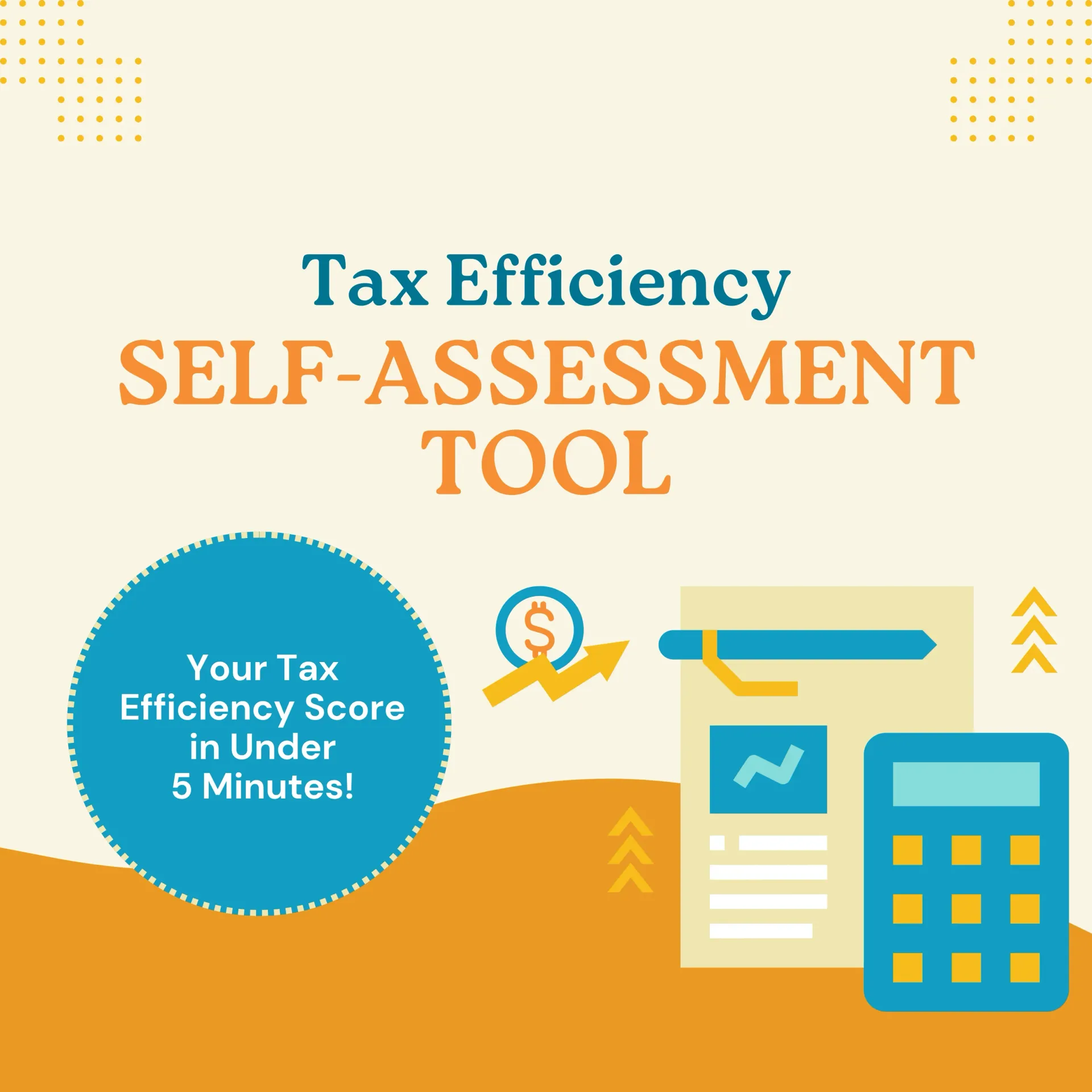Navigating Small Business Tax Preparation: A Step-by-Step Guide

A guide focusing on the unique aspects of small business tax preparation, including quarterly tax payments, deductions, and credits.
1. Introduction to Small Business Tax Preparation
Alright, let's get real for a second. Small business tax prep isn't just about ticking boxes and avoiding the taxman's wrath. It's about setting your business up for success. Think of it as the financial equivalent of eating your vegetables – not always fun, but crucial for long-term health.
I remember when I first started out, I thought I could wing it with a shoebox full of receipts and a prayer. Boy, was I wrong. Proper tax prep is like having a roadmap for your business's financial journey. It helps you see where you've been and where you're going.
2. Organizing Financial Records
Picture this: It's tax season, and you're drowning in a sea of crumpled receipts and random invoices. Sound familiar? Yeah, been there, done that. But here's the thing – good record-keeping isn't just about appeasing the IRS. It's about knowing your business inside and out.
Start by separating your business and personal finances. Trust me, future you will thank you for this. It's like having separate closets for your work clothes and pajamas – everything's easier to find when you need it.
3. Quarterly Payments: Managing Cash Flow
Ah, quarterly tax payments – the bane of many a small business owner's existence. But here's a little secret: they're actually your friend. No, really! Think of them as a financial vaccine against the dreaded tax-season flu.
I used to dread these payments until I realized they help spread out the tax burden throughout the year. It's like paying your rent in smaller chunks instead of one massive lump sum. Plus, it forces you to keep a closer eye on your cash flow, which is never a bad thing.
4. Deductions: Maximizing Tax Benefits
Deductions are like finding money in your coat pocket – always a pleasant surprise. But unlike that forgotten fiver, you need to plan for these. From office supplies to that "business lunch" (wink, wink), there's a whole world of deductions out there waiting to be claimed.
Just remember, the IRS isn't too keen on creative accounting. Keep those receipts and make sure your deductions pass the sniff test. I once tried to deduct a new suit as a "uniform" – let's just say it didn't go over well.
5. Depreciation: Asset Management Strategy
Depreciation might sound like a snooze-fest, but it's actually pretty cool when you think about it. It's like financial time travel – spreading the cost of big purchases over several years.
For example, that shiny new laptop you bought for your business? You can deduct a portion of its cost each year, instead of taking one big hit upfront. It's a great way to balance your books and reflect the real value of your assets over time.
6. Tax Credits: Saving on Tax Liability
Tax credits are the unsung heroes of the tax world. Unlike deductions, which reduce your taxable income, credits directly lower your tax bill. It's like having a coupon for your taxes – who doesn't love that?
From hiring certain employees to going green with your energy choices, there are tons of credits out there. Do your homework (or better yet, work with a pro) to make sure you're not leaving money on the table.
7. Hiring Employees: Payroll Tax Obligations
Bringing on employees is exciting, but it comes with its own set of tax challenges. Suddenly, you're responsible for withholding taxes, Social Security, and Medicare. It's like being the middleman between your employees and Uncle Sam.
Don't let this scare you off from growing your team, though. Just make sure you're on top of the rules and deadlines. Payroll software can be a lifesaver here – it's like having a mini tax expert in your computer.
8. Self-Employment Tax: Understanding Responsibilities
If you're flying solo, you've got a special tax treat waiting for you – the self-employment tax. Yay? It's basically covering both the employer and employee portions of Social Security and Medicare.
The silver lining? You can deduct half of this tax on your return. It's not much, but hey, every little bit helps, right?
9. Retirement Planning: Tax-Advantaged Options
Retirement might seem like a distant dream when you're in the trenches of running a business, but it's never too early to start planning. The good news is that there are some sweet tax advantages to saving for your golden years.
SEP-IRAs, SIMPLE IRAs, Solo 401(k)s – these aren't just alphabet soup. They're powerful tools to reduce your taxable income now while setting yourself up for the future. It's like getting a pat on the back from the IRS for being responsible.
10. Professional Assistance: Consulting a Tax Advisor
Look, taxes are complicated. There's no shame in admitting you need help. That's where we come in. At Straight Talk CPAs, we've seen it all when it comes to small business taxes. We're not just number crunchers – we're your financial partners.
When you work with us, you're getting more than just tax prep. You're getting a team that understands the unique challenges of small businesses. We'll help you navigate the complex world of taxes, find deductions you didn't even know existed, and set up strategies to minimize your tax burden year after year.
Don't wait until you're in over your head. Give us a call, and let's talk about how we can take the stress out of tax season and set your business up for financial success. With
Straight Talk CPAs on your side, you can focus on what you do best – running your business – while we handle the tax headaches. Trust me, your future self will thank you for making the smart choice now.
Discover Your Tax Savings Score in Minutes!


Salim is a straight-talking CPA with 30+ years of entrepreneurial and accounting experience. His professional background includes experience as a former Chief Financial Officer and, for the last twenty-five years, as a serial 7-Figure entrepreneur.




